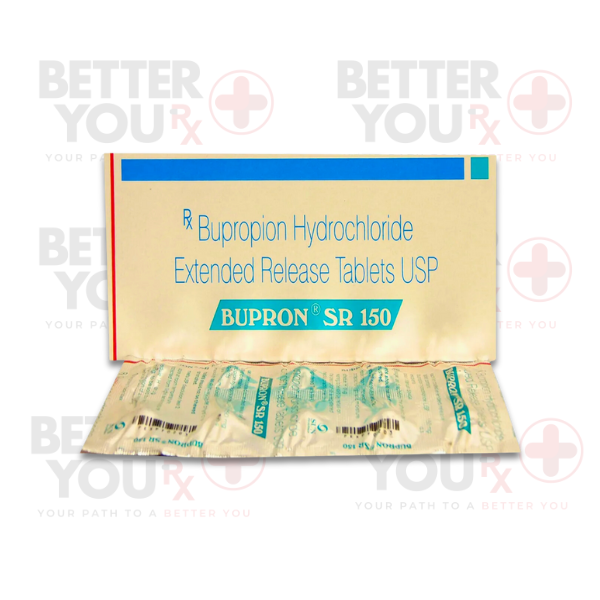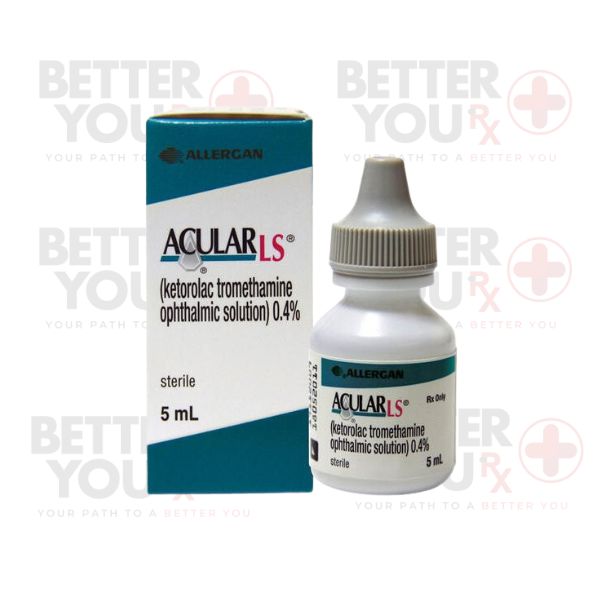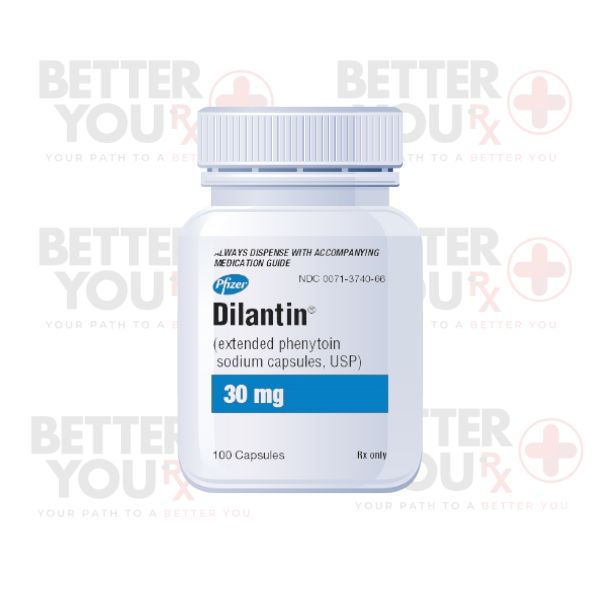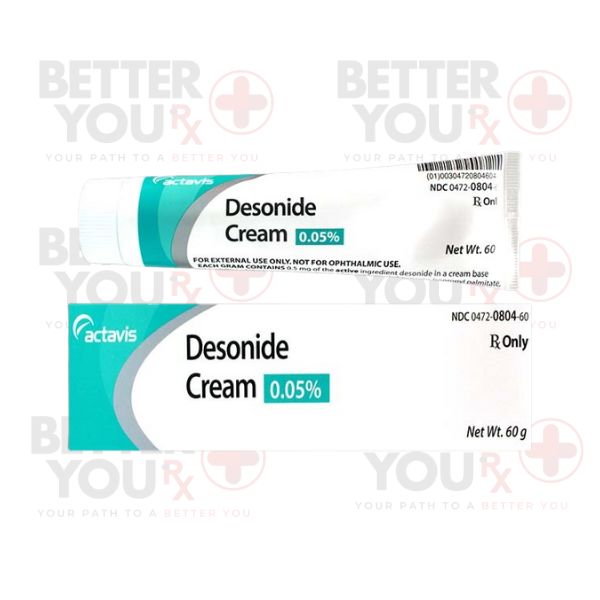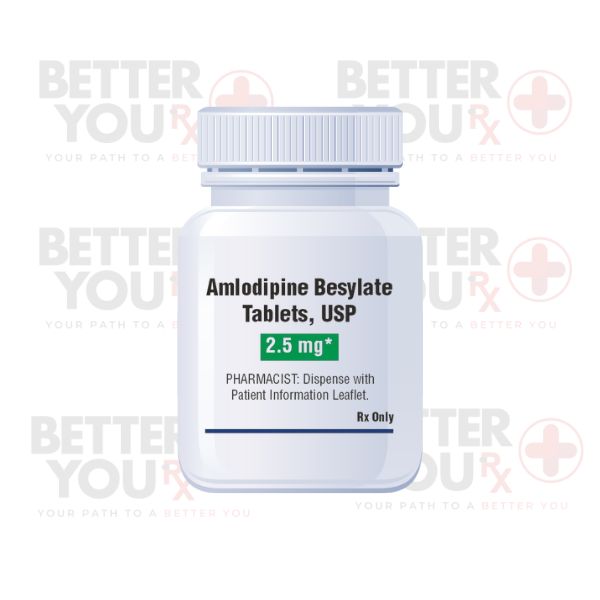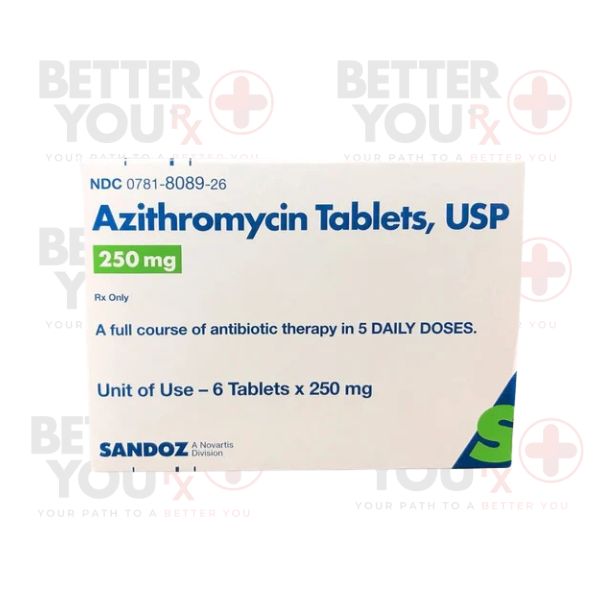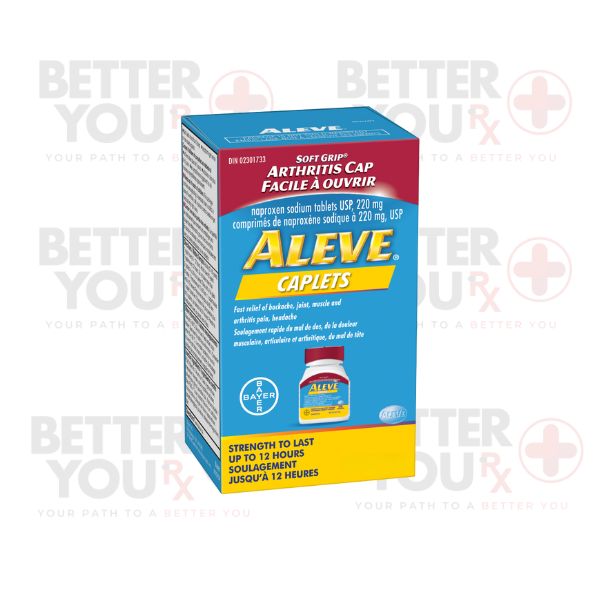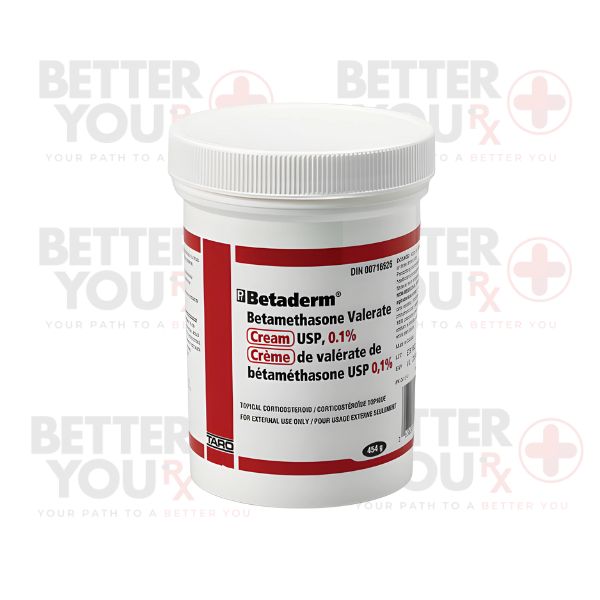| Usage |
Alendronate is available in tablet and liquid (solution) forms for oral administration. Here's how to take it properly:
• The solution is typically taken once a week in the morning on an empty stomach.
• The 5-mg and 10-mg tablets are usually taken once a day in the morning on an empty stomach.
• The 35-mg and 70-mg tablets are usually taken once a week in the morning on an empty stomach.
• For the treatment of Paget's disease of bone, the 40-mg tablets are typically taken once a day in the morning for six months.
To ensure safe and effective use:
• Follow the directions on your prescription label diligently.
• Seek clarification from your doctor or pharmacist if any part of the instructions is unclear.
• Take Alendronate precisely as directed; avoid taking more or less or increasing the frequency without your doctor's approval.
• Alendronate must be taken in the morning, right after getting out of bed, before consuming food or drinks. Do not take it at bedtime or before waking up for the day.
• Swallow Alendronate tablets with a full glass (6 to 8 ounces [180 to 240 mL]) of plain water. After taking Alendronate solution, drink at least 2 ounces (60 mL) of plain water. Never use tea, coffee, juice, milk, mineral water, sparkling water, or any liquid other than plain water to take the tablets or solution.
• Consume the tablets whole; do not break, chew, or crush them, and do not suck on them.
• After taking Alendronate, wait for at least 30 minutes before eating, drinking, or taking any other medications, including vitamins or antacids. Also, do not lie down for at least 30 minutes after taking it. Sit or stand upright during this time until you've consumed your first meal of the day.
• Alendronate manages osteoporosis and Paget's disease of bone but does not cure these conditions. It may take three months or longer for your bone density to improve. To effectively treat and prevent osteoporosis, continue taking Alendronate regularly, even if you feel well. Do not stop taking it without first consulting your doctor. Periodically discuss your need for Alendronate with your doctor.
• For detailed information, you can request a copy of the manufacturer's patient information from your pharmacist or doctor.
|
| Side Effects |
Alendronate may lead to side effects. If any of the following symptoms persist or become bothersome, inform your doctor:
• Nausea
• Stomach pain
• Constipation
• Diarrhea
• Gas
• Abdominal bloating or fullness
• Altered ability to taste food
• Headache
• Dizziness
• Swelling of the joints, hands, or legs
Some side effects can be serious. Contact your doctor immediately if you experience any of the following symptoms, and refrain from taking more Alendronate:
• New or worsening heartburn
• Difficulty swallowing or painful swallowing
• Chest pain
• Vomit that appears bloody or has a coffee ground-like appearance
• Black, tarry, or bloody stools
• Fever
• Blisters or peeling skin
• Rash (which may worsen with sunlight exposure)
• Itching
• Hives
• Swelling of the eyes, face, lips, tongue, or throat
• Difficulty breathing or hoarseness
• Painful or swollen gums
• Loosening of teeth
• Numbness or a heavy sensation in the jaw
• Poor healing of the jaw
• Eye pain
• Mild, persistent discomfort in the hips, groin, or thighs
It's important to note that taking a bisphosphonate medication, such as Alendronate for osteoporosis, may increase the risk of thigh bone fractures. You may experience discomfort in your hips, groin, or thighs for several weeks or months before any bone break occurs. In some cases, thigh bone fractures may happen without a specific injury or fall, although this is unusual in healthy individuals. However, even people with osteoporosis can experience this type of fracture, even without taking Alendronate. Discuss the potential risks associated with Alendronate with your doctor.
If you encounter any unusual problems while taking this medication, be sure to contact your doctor.
|
| Storage |
Store this medication in its original container, securely sealed, and in a location inaccessible to children. Store it at room temperature, and ensure it's shielded from excessive heat and moisture (refrain from keeping it in the bathroom). It's important not to freeze the Alendronate solution.
Disposal of unneeded medications should be done in a way that prevents pets, children, and others from accidental ingestion. Please refrain from disposing of this medication by flushing it down the toilet. The safest disposal method is through a medicine take-back program. To learn about take-back programs available in your community, consult your pharmacist or contact your local garbage/recycling department.
Always keep all medications out of sight and reach of children, as not all containers, including weekly pill organizers and those for eye drops, creams, patches, and inhalers, are child-resistant, and young children can easily open them. To prevent accidental poisoning in young children, consistently use safety caps and promptly store the medication in a secure location that is both out of sight and out of their reach.
|
| Special Precautions |
Prior to starting alendronate, please take note of the following important considerations:
• Inform your doctor and pharmacist about any known allergies to alendronate or other medications.
• Share a comprehensive list of your prescription and non-prescription medications, vitamins, supplements, and herbal products with your healthcare provider. Particularly, mention if you are taking angiogenesis inhibitors like bevacizumab (Avastin), everolimus (Afinitor, Zortress), pazopanib (Votrient), sorafenib (Nexavar), or sunitinib (Sutent); aspirin and other nonsteroidal anti-inflammatory drugs (NSAIDs) such as ibuprofen (Advil, Ibu-Tab, Motrin, others) and naproxen (Aleve, Naprelan, Naprosyn, others); cancer chemotherapy; or oral steroids like dexamethasone, methylprednisolone (Medrol), and prednisone (Rayos). Dosing adjustments or close monitoring for side effects may be necessary.
• If you are taking other medications, supplements, vitamins, or antacids by mouth, take them at least 30 minutes after taking alendronate.
• Alert your doctor if you are unable to sit or stand upright for at least 30 minutes or if you have a history of low blood calcium levels or any esophageal issues, as this may impact your ability to take alendronate.
• Communicate any ongoing radiation therapy or past medical history, including anemia, low vitamin D levels, difficulty swallowing, heartburn, stomach ulcers, or any condition affecting blood clotting, oral health, or kidney function.
• If you are pregnant, breastfeeding, or planning to become pregnant, discuss this with your healthcare provider as alendronate can persist in your body for an extended period after discontinuation. Contact your doctor if you become pregnant while on or after completing your alendronate treatment.
• Be aware that alendronate may potentially lead to osteonecrosis of the jaw (ONJ), a serious jaw bone condition, especially if you undergo dental surgery or treatment while using the medication. Dental evaluation and necessary treatments, such as cleaning or adjusting dentures, should be completed before starting alendronate. Maintain good oral hygiene practices during alendronate use and consult your doctor before scheduling any dental procedures.
• Understand that alendronate may cause severe bone, muscle, or joint pain, which can manifest shortly after beginning the medication or even months to years later. If you experience intense pain at any point during your alendronate treatment, promptly contact your doctor. Discontinuing the medication may resolve the pain.
• Lastly, consult your doctor regarding other preventive measures to manage or deter osteoporosis. This may encompass lifestyle adjustments like quitting smoking, moderating alcohol consumption, and implementing a regular weight-bearing exercise regimen."
Please consult your healthcare provider for personalized advice and guidance on your specific situation.
|
| Special Dietary |
While using alendronate, it's important to maintain a diet rich in calcium and vitamin D. Your doctor will guide which foods and beverages are excellent sources of these nutrients and the recommended daily servings. If you encounter challenges in consuming an adequate amount of these foods, don't hesitate to inform your doctor. They can consider prescribing or suggesting a suitable supplement to meet your nutritional needs.
|
| Missed Dose |
If you happen to miss a dose of once-daily alendronate, avoid taking it later in the day. Instead, skip the missed dose and resume your regular schedule by taking the next morning's dose as usual. For once-weekly alendronate, if you miss a dose, take it in the morning after you remember. Afterward, continue taking one dose per week on your designated day. Under no circumstances should you double your dose to compensate for a missed one, and refrain from taking more than one dose in a single day.
|
| Overdose |
If an overdose occurs, provide the affected individual with a full glass of milk and promptly contact your local poison control center. If the person has collapsed or is experiencing breathing difficulties, dial your local emergency services at 911. Do not permit the individual to recline, and refrain from attempting to induce vomiting.
|
| Other Information |
Ensure you attend all scheduled appointments with your healthcare provider and any laboratory visits as advised. Your doctor may order specific lab tests to assess how your body is responding to alendronate. You mustn't allow anyone else to use your prescribed medication. If you have any questions regarding prescription refills, don't hesitate to consult your pharmacist.
Maintain a written record of all the medications you are taking, both prescription and over-the-counter, as well as any supplements like vitamins and minerals. This list should be updated regularly. It is essential to bring this comprehensive list with you to every doctor's appointment and to have it readily available in case of medical emergencies.
|


